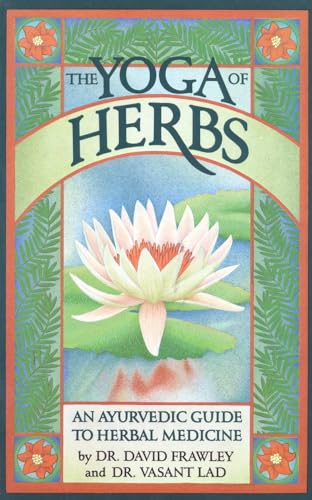MARSHMALLOW Althea officinalis; Malvaceae
Part Used: root
Energetics: sweet/cooling/sweet
VPK= (may increase Kapha or Ama in excess)
Tissues: plasma, blood, muscle, marrow and nerve, reproductive
Systems: respiratory, urinary, digestive, nervous
Actions: nutritive tonic, rejuvenative, demulcent, expectorant, emollient,
diuretic, vulnerary, laxative
Indications: cough, whooping cough, laryngitis, bronchitis, kidney and bladder inflammation, infection or bleeding, skin eruptions, mastitis, malnutrition, burns, rheumatism
Precautions: malabsorption
Preparation: decoction, milk decoction, powder (250 mg to 1 g), paste
MARSHMALLOW contains large amounts of high quality mucilage and is perhaps the best nutritive tonic herb (internally) and softening emollient (externally) in western herbalism. It is rejuvenative for Pitta, for the lungs and the kidneys and also tonifies Vata. It allays inflammation, soothes the skin and the mucous membranes and simultaneously cleanses and rebuilds the water element in the body. It promotes the healing of chronic sores and necrotic tissue.
Because it has a strong drawing property, it can be used externally as a poultice for inflammations and infections. As a rejuvenative it can be decocted in milk and a small amount of ginger. As a lung tonic, it combines well with licorice and elecampane root. It is a good soothing and harmonizing herb for any diuretic formula; for allaying cough it works well with thyme.
The wild mallows can be used in a similar fashion, though large roots are required for the strongest tonic action.




Comments
Post a Comment